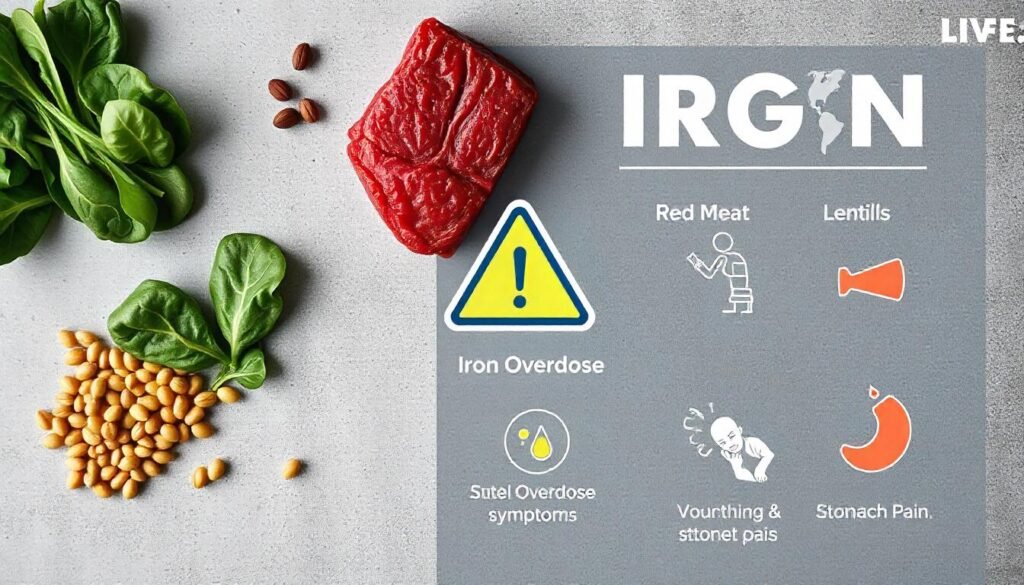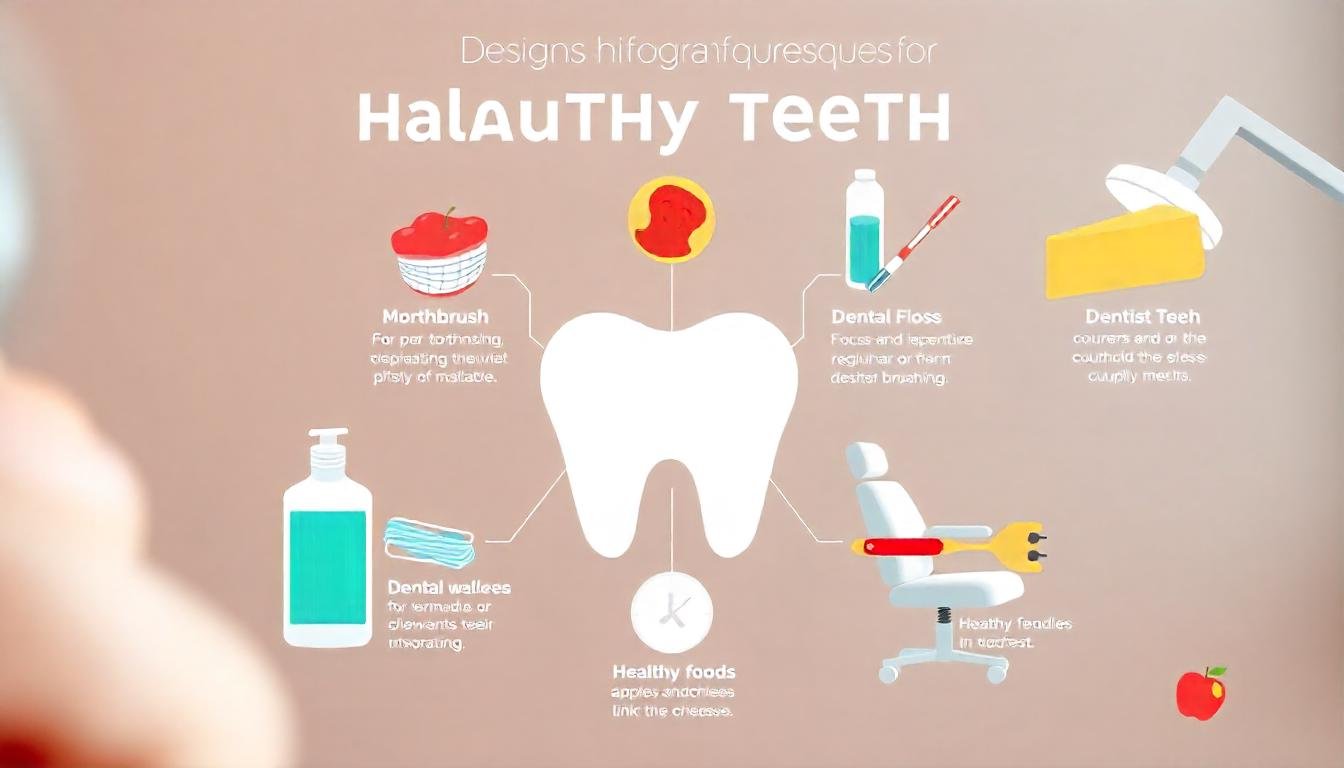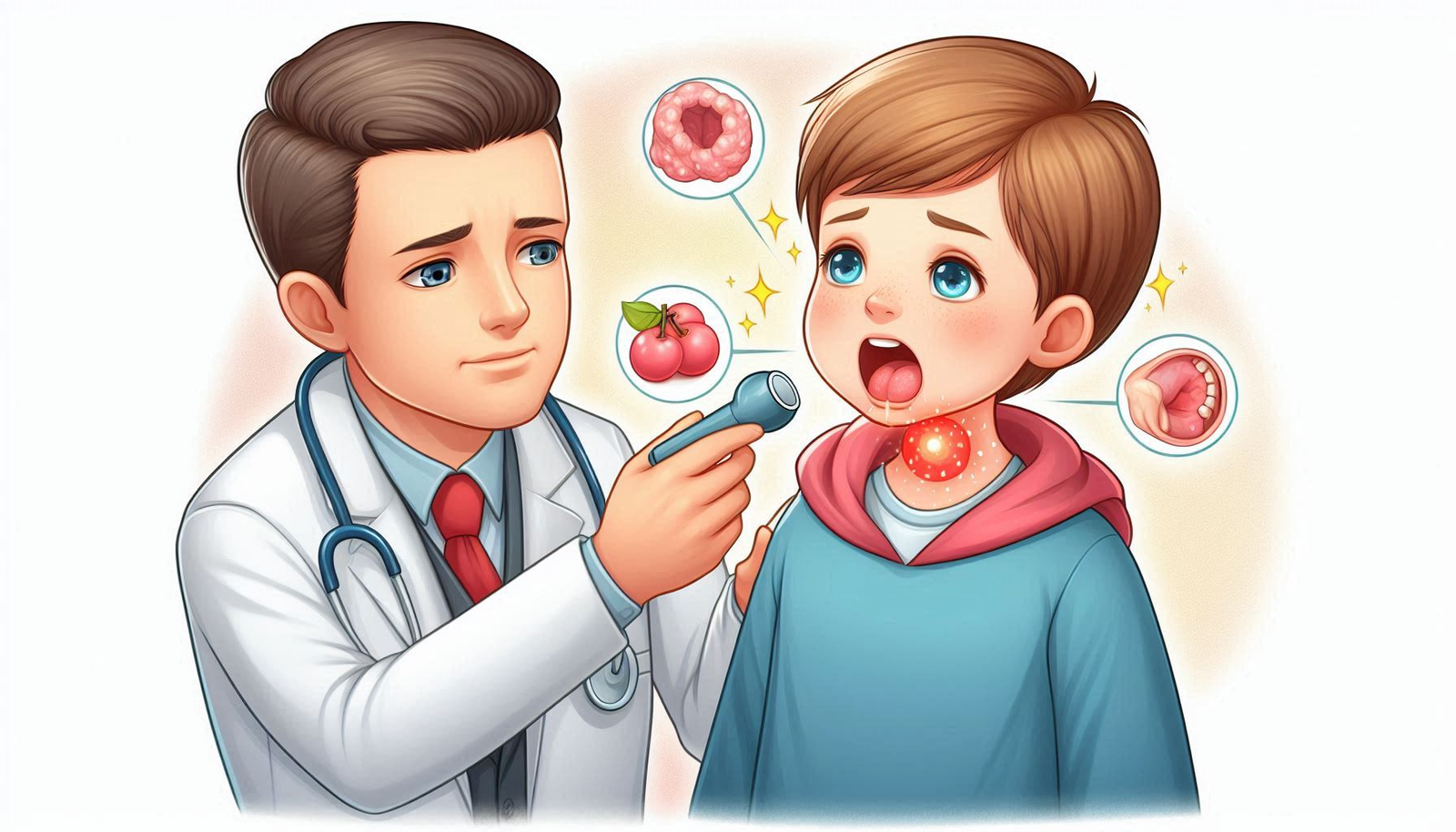
“5 Risky Supplements You Should Know About
5 Risky Supplements You Should Know About
Discover the potential dangers of these 5 risky supplements and make informed health choices for your well-being.


Introduction
Overview of the Popularity of Dietary Supplements
The dietary supplements market has shown significant growth in recent years, with the U.S. market alone valued at USD 53.58 billion in 2023 and expected to grow at a CAGR of 5.7% from 2024 to 2030. This rapid expansion reflects increasing consumer interest in preventive healthcare and wellness supplements. The industry has seen particularly strong growth due to increasing health consciousness and the growing aging population.
Importance of Understanding Risks
While supplements can provide essential nutrients, understanding their proper use and potential risks is crucial for consumer safety. The increasing availability of supplements through various channels has made it more important than ever for consumers to be well-informed about their choices 4.
Vitamin A: Benefits and Risks
Benefits of Vitamin A
- Essential for vision and eye health
- Supports immune system function
- Promotes healthy skin and cell growth
- Critical for fetal development during pregnancy
Risks of Excessive Vitamin A Intake
Vitamin A toxicity can occur from overconsumption, particularly from supplements rather than food sources. The risk is particularly high with preformed vitamin A (retinol) rather than beta-carotene 3.
Symptoms of Vitamin A Toxicity
Common symptoms include:
- Nausea and vomiting
- Headache
- Blurred vision
- Increased intracranial pressure
- Skin problems
- Joint and bone pain 4
Safe Dosage Recommendations
The recommended daily allowance (RDA) varies by age and gender.
- Adults (19+ years):
- Men: 900 mg RAE
- Women: 700 mcg RAE
- Pregnant women: 770 mcg RAE
- Breastfeeding women: 1,300 mcg RAE 5
The tolerable upper intake level (UL) for adults is 3,000 mcg RAE per day. Exceeding this amount can lead to toxicity 5. It’s important to note that supplementation should be discussed with healthcare providers, especially for individuals with specific health conditions or those taking other medications

Iron and Vitamin D Supplement Guide
Iron Supplement Overview
Importance of Iron for Health
- Essential for hemoglobin production and oxygen transport
- Critical for energy metabolism
- Required for proper immune function
- Vital for cognitive development in children
- Crucial during pregnancy for fetal development 2
Risks of Iron Overdose
- Acute iron poisoning can be life-threatening
- Children are particularly vulnerable to overdose
- Can cause serious organ damage
- May interfere with absorption of other minerals 3
Symptoms of Iron Toxicity
Acute symptoms include:
- Severe gastrointestinal irritation
- Abdominal pain
- Vomiting and diarrhea
- Metabolic acidosis
- In severe cases, shock and organ failure 4
Safe Iron Dosage Recommendations
- Adult males: 8 mg/day
- Adult females (19-50 years): 18 mg/day
- Pregnant women: 27 mg/day
- Post-menopausal women: 8 mg/day
- Upper limit for adults: 45 mg/day

Vitamin D Supplement Overview
Benefits of Vitamin D
- Promotes calcium absorption
- Maintains bone health
- Supports immune system function
- May reduce risk of certain cancers
- Important for muscle function 2
Risks of Excessive Vitamin D Intake
- Can lead to hypercalcemia
- May cause kidney problems
- Risk increases with long-term high-dose supplementation
- Interactions with certain medications 4
Symptoms of Vitamin D Toxicity
Common signs include:
- Nausea and vomiting
- Weakness
- Frequent urination
- Kidney problems
- Bone pain
- Confusion 5
Safe Vitamin D Dosage Recommendations
- Adults up to 70 years: 600-800 IU/day
- Adults over 70 years: 800 IU/day
- Pregnant and breastfeeding women: 600 IU/day
- Upper limit for adults: 4,000 IU/day
- Therapeutic doses may be higher under medical supervision 3
Special Considerations:
- Individual needs may vary based on:
- Sun exposure
- Skin pigmentation
- Geographic location
- Medical conditions 4
Sources cited for Iron: 2: “Iron: Health Professional Fact Sheet (NIH)” 4: “Iron Supplementation: StatPearls” 5: “Iron: Consumer Guide (NIH)” 3: “Iron Toxicity: Statistics”
Sources cited for Vitamin D: 2: “Vitamin D: Health Professional Fact Sheet (NIH)” 4: “Vitamin D Deficiency in Adults: When to Test and How to Treat” 5: “Vitamin D: Consumer Guide (NIH)” 3: “Guidelines for Preventing and Treating Vitamin D Deficiency: A 2023 Update”

Calcium and St. John’s Wort Supplement Guide
Calcium Supplement Overview
Importance of Calcium for Bone Health
- Essential for bone and teeth formation
- Critical for muscle function
- Important for nerve signaling
- Helps maintain heart rhythm
- Supports blood clotting 2
Risks of Excessive Calcium Intake
- May increase risk of kidney stones
- Potential cardiovascular complications
- Can interfere with absorption of other minerals
- Risk of hypercalcemia in certain conditions 3
Symptoms of Calcium Toxicity
- Constipation
- Kidney stones
- Confusion
- Muscle weakness
- Irregular heart rhythm
- Digestive issues
Safe Calcium Dosage Recommendations
Adults recommended daily allowances:
- Ages 19-50: 1,000 mg/day
- Women 51+: 1,200 mg/day
- Men 51-70: 1,000 mg/day
- Men 71+: 1,200 mg/day Upper limit: 2,000-2,500 mg/day
St. John’s Wort Overview
Uses for Mental Health
- May help with mild to moderate depression
- Potentially beneficial for anxiety symptoms
- Could improve mood and sleep quality
- Shows promise for seasonal affective disorder
Risks and Side Effects
Common side effects include:
- Photosensitivity
- Gastrointestinal upset
- Allergic reactions
- Anxiety
- Sleep problems
- Headache
Medication Interactions
Known to interact with:
- Antidepressants (SSRIs, MAOIs)
- Birth control pills
- Blood thinners
- HIV medications
- Cancer medications
- Organ transplant medications 4
Safe Usage Guidelines
- Typical dosage: 300 mg three times daily (standardized to 0.3% hypericin)
- Should not be combined with prescription antidepressants
- Avoid during pregnancy and breastfeeding
- Discontinue at least two weeks before surgery
- Consult healthcare provider before starting
Special Considerations:
- Not recommended for severe depression
- Regular monitoring needed if taking other medications
- May take 4-6 weeks to see full effects
- Should not be stopped abruptly
Understanding Supplement Safety Guide
Consulting Healthcare Professionals
Why Professional Guidance is Essential
- Evaluation of individual health needs
- Assessment of potential risks
- Review of current medications
- Consideration of underlying health conditions
- Monitoring for adverse effects 2, 3
Reading and Understanding Supplement Labels
Key Elements to Look For
- Active Ingredients
- Amount per serving
- Percent Daily Value (%DV)
- Form of the ingredient 4
- Serving Information
- Serving size
- Servings per container
- Recommended dosage 2
- Additional Information
- Expiration date
- Lot number
- Storage instructions
- Manufacturer contact information 5
Choosing Safe Supplement Brands
Quality Indicators
- Third-party testing certification
- GMP (Good Manufacturing Practice) compliance
- Clear labeling of ingredients
- No extreme claims or promises
- Transparent manufacturer information 4, 3
Red Flags to Watch For
- Too-good-to-be-true claims
- Unlisted ingredients
- No manufacturer contact information
- Missing lot numbers or expiration dates
- Claims to cure serious diseases 2, 5
Medication Interactions
Common High-Risk Supplements
- St. John’s Wort
- Interacts with antidepressants
- Affects birth control effectiveness
- Impacts blood thinners 3
- Vitamin K
- Interferes with blood thinners
- Affects anticoagulation therapy 4
- Ginkgo Biloba
- Increases bleeding risk
- Interacts with blood pressure medications 3
- Fish Oil
- Can interact with blood thinners
- May affect blood pressure medications 2
Avoiding Dangerous Interactions
Prevention Strategies
- Documentation
- Communication
- Inform all healthcare providers
- Update information regularly
- Report side effects promptly.
- Timing Considerations
- Space supplements apart from medications
- Follow specific timing instructions
- Monitor for changes in medication effectiveness.
Importance of Disclosure to Healthcare Providers
Key Reasons to Disclose
- Ensures proper medical treatment
- Prevents dangerous interactions
- Enables accurate diagnosis
- Allows for proper monitoring
- Helps optimize treatment plans 2, 5
What to Disclose
- All supplements being taken
- Dosages and frequency
- Duration of use
- Any observed side effects
- Reasons for taking supplements 4, 3
Sources cited: 2: “Dietary Supplements: What You Need to Know (NIH)” 4: “FDA 101: Dietary Supplements” 3: “Herbal Medicine—Johns Hopkins Medicine” 5: “Questions and Answers on Dietary Supplements (FDA)”
Additional Safety Tips:
- Start with low doses
- Introduce one supplement at a time
- Keep detailed records of effects
- Store supplements properly
- Check for recalls and safety alerts
- Purchase from reputable sources 2, 4
Remember: Supplements are not regulated as strictly as medications, making it crucial to be an informed consumer and work closely with healthcare providers
Recognizing Symptoms of Supplement Overdose
1. Common Signs of Supplement Overdose
Supplement overdose can occur when vitamins, minerals, or herbal products are consumed in excessive amounts. While each supplement may have unique effects, some general symptoms to watch for include:
- Gastrointestinal issues: nausea, vomiting, diarrhea, or stomach cramps.
- Neurological effects: headaches, dizziness, confusion, or mood swings.
- Heart and circulation problems: irregular heartbeat, chest pain, or high blood pressure.
- Skin reactions: rashes, itching, or flushing.
- Specific symptoms by supplement:
- Vitamin A: blurred vision, bone pain, or liver damage.
- Vitamin D: Excess calcium causing kidney stones or fatigue.
- Iron: severe abdominal pain, constipation, or organ damage in extreme cases.
2. What to Do If You Suspect an Overdose
If you suspect you or someone else has taken too much of a supplement:
- Stop further consumption of the suspected supplement immediately.
- Review the label to confirm the recommended dosage and identify how much was consumed.
- Drink water to help dilute the supplement in your system.
- Call a poison control center or medical hotline for guidance. Keep the supplement packaging on hand for reference.
3. When to Seek Medical Attention
Some symptoms of supplement overdose require immediate medical care. Call emergency services or visit the nearest hospital if:
- Severe symptoms develop, such as difficulty breathing, chest pain, or seizures.
- You experience persistent vomiting, confusion, or loss of consciousness.
- A child or vulnerable individual ingests a large amount of supplements.
Prevention Tips:
- Always follow recommended dosages and consult a healthcare provider before starting any new supplement.
- Keep supplements out of reach of children and clearly labeled.
- Avoid combining multiple supplements with similar ingredients.
Recognizing the symptoms early and taking prompt action can prevent serious complications from a supplement overdose.
Practical Tips for Safe Supplement Use
1. Guidelines for Safe Supplement Use
- Consult a healthcare professional: Always discuss with a doctor or registered dietitian before starting any supplement, especially if you have medical conditions or take medications.
- Follow the recommended dosage: Stick to the instructions on the label or your healthcare provider’s advice. Avoid exceeding the daily recommended amounts.
- Choose quality products: Look for third-party testing or certifications (e.g., USP, NSF, or ConsumerLab) to ensure the supplement’s purity and accuracy.
- Avoid unnecessary combinations: Be cautious about combining multiple supplements that may overlap in ingredients or interact with medications.
- Store supplements safely: Keep them in a cool, dry place, away from children’s reach.
2. The importance of a Balanced Diet and Getting Nutrients from Food
- Whole foods first: A balanced diet rich in fruits, vegetables, whole grains, lean proteins, and healthy fats is the best source of essential nutrients. Whole foods provide fiber, antioxidants, and other compounds that supplements cannot replicate.
- Limit reliance on supplements: Use supplements to fill specific gaps, not as a replacement for healthy eating.
- Understand bioavailability: Nutrients from food are often more easily absorbed and utilized by the body compared to synthetic alternatives.
3. How to Monitor and Adjust Supplement Intake
- Track your intake: Keep a log of the supplements you take, including dosage and timing, to prevent accidental overuse.
- Watch for side effects: Be mindful of symptoms like digestive issues, headaches, or changes in energy levels, which may indicate overuse or sensitivity.
- Reassess periodically: Regularly review your supplement needs with a healthcare provider, as your requirements may change due to age, lifestyle, or health conditions.
- Get tested if needed: Blood tests can help identify deficiencies or excesses and guide appropriate adjustments.
Takeaway
Safe supplement use begins with understanding your body’s needs, prioritizing nutrients from food, and being mindful of dosages and potential risks. Regular monitoring and professional guidance can help you reap the benefits without unintended harm.
Conclusion
Recap of the 5 Risky Supplements and Their Potential Dangers
Throughout this discussion, we’ve highlighted five supplements that can pose risks when misused:
- Vitamin A: Excessive doses can lead to liver damage, bone fractures, and toxicity symptoms like headaches and dizziness.
- Vitamin D: oversupplementation may cause hypercalcemia, leading to kidney stones or cardiovascular issues.
- Iron: Too much iron can result in severe gastrointestinal distress and long-term organ damage.
- Stimulants (e.g., caffeine or weight-loss pills): Overuse can lead to heart palpitations, anxiety, and even life-threatening arrhythmias.
- Herbal supplements (e.g., St. John’s Wort): These can interfere with medications, causing unintended side effects or reducing drug effectiveness.
Encouragement to Use Supplements Safely and Responsibly
Supplements can be a helpful addition to your wellness routine when used thoughtfully. To minimize risks:
- Always consult a healthcare provider before starting a new supplement.
- Stick to recommended dosages and avoid “megadosing.”
- Choose reputable brands with third-party certifications for quality and safety.
Final Thoughts on the Importance of Informed Supplement Use
An informed approach to supplement use is key to maintaining good health and avoiding potential harm. While supplements can fill nutritional gaps, they are no substitute for a balanced diet rich in natural, whole foods. By staying educated, monitoring your intake, and seeking professional guidance, you can safely integrate supplements into your lifestyle to support your overall well-being.
Remember, your health is your most valuable asset—protect it by making wise, informed choices.





One Comment
Pingback: